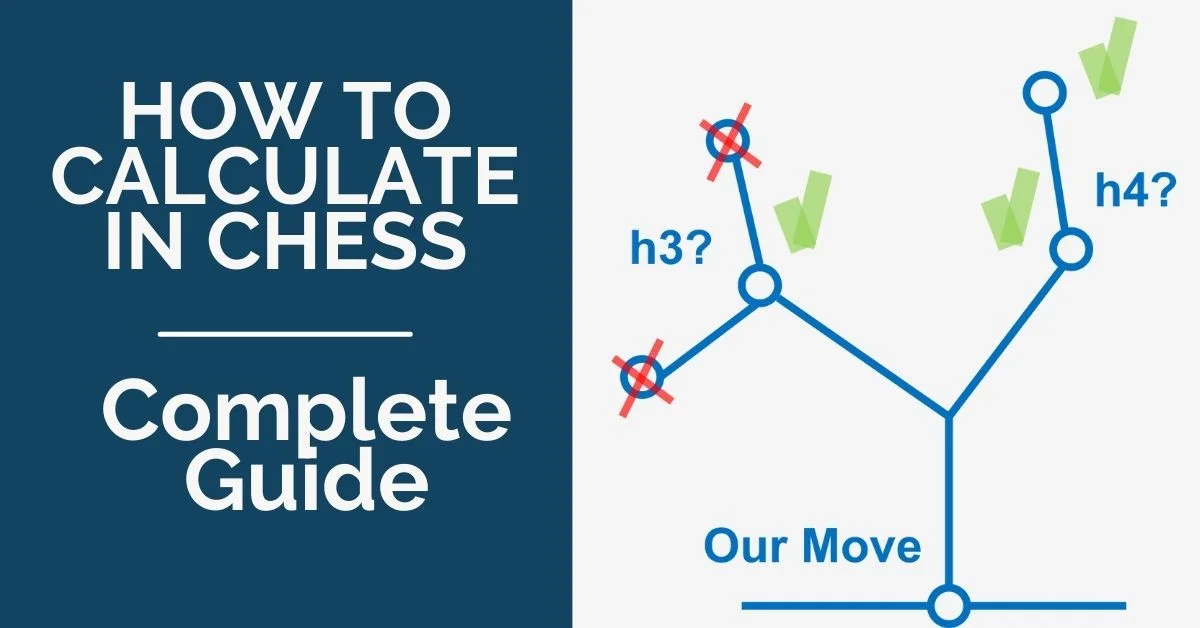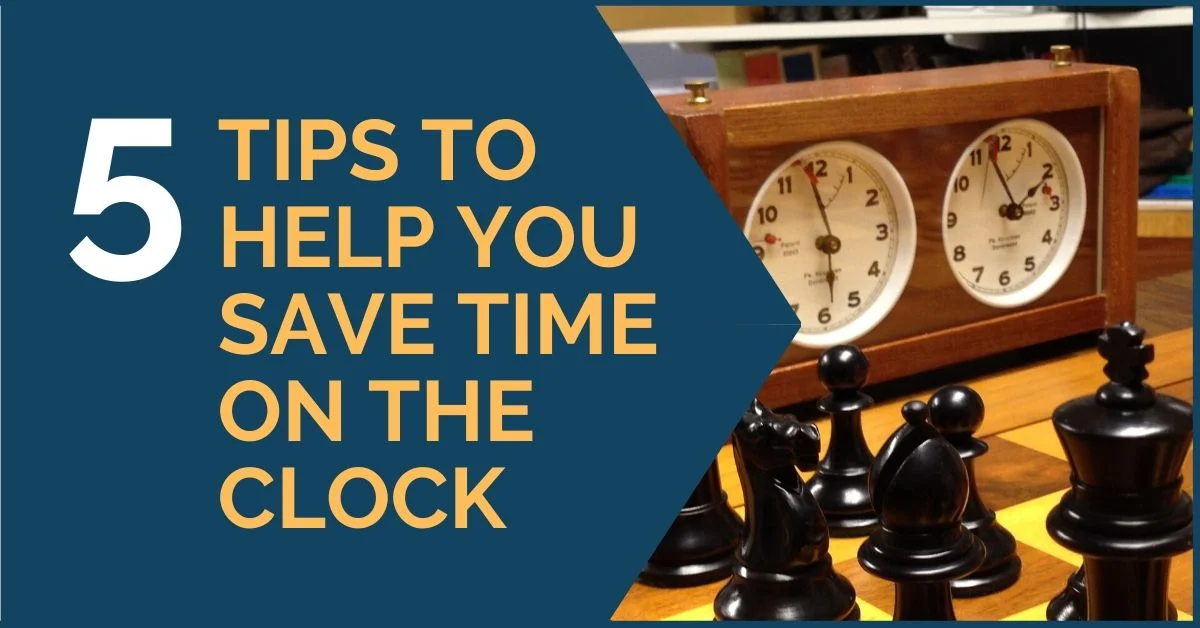Improving Your Calculating Ability: Step-by-Step Guide
Recently we have released two articles which talk about chess improvement process is great detail. One reader made a valid point that even though calculation of variations is difficult thing to train, there aren’t many books that actually explain how to train it, or how to find the correct moves. That’s why I decided to do some research and compile a small guide explaining this subject a bit more.
What is special about calculating moves at chess?
In the opening stage of the game we don’t need to do much thinking. A well prepared player can easily make 10-15 moves straight out of their memory without the necessity to think. The main principle of any opening is to develop pieces as fast as possible, put the King to safety and to launch an attack. After an opening stage is completed and players start playing ‘outside the book’, one cannot simply bypass thinking and make moves on the autopilot.
In the middle game things are not as straightforward as in the opening. A proper plan needs to be developed and a correct move order needs to be determined. But that just a first step, the main question remains:
How do you actually find the strongest moves?
The most common approach for finding the strongest continuation is figuring out the best candidate-moves. Ideally, that should be done right after the opening, or when you step into the unknown territory (away from theory).
The trick here is not only to find all possible candidate-moves to calculate, according to Kotov’s methodology, but also to apply common sense (aka intuition) and learn from Magnus Calrsen who suggests that you need to only select 1-2 strongest continuations to deeply calculate and accurately evaluate the final positions.
Obviously, not many players can immediately differentiate the moves that need to be calculated from the rest of the moves. Therefore, by quickly checking the lines 1-2 moves deep you can eliminate the poor variations and save yourself some valuable time for calculating only the important stuff.
Another very important thing to keep in mind: calculating ability of a player is often proportional to his or her ability to solve tactics. Hence, if a player is good at solving tactics he can calculate the moves better. By solving tactics you can improve your calculating ability as well.
The trick here is to do everything not spontaneously, but systematically, which is a fundamental approach we take in our training program.
FIDE Senior Trainer Alexey Kuzmin suggests that the most efficient way to train player’s calculating ability is to apply the following algorithm to a practice middle-game position:
1. Find all candidate-moves
2. Calculate appropriate variations
3. Evaluate the final positions
4. Select the strongest move based on that analysis
Here are some practical tips for finding the strongest moves:
1. You shouldn’t be focused on finding the move. It is better to think of it as finding a short line (2-3 moves) that does the job.
2. Do not calculate one line deeply until you quickly check all other candidate-lines. Maybe it is not necessary to spend 30 minutes evaluating that drawish endgame position that arises after exchange, when a much better possibility is available for you. Always go for the simpler line that you can clearly evaluate, unless you’re losing and need to complicate things!
3. It is a good idea to put yourself in opponent’s shoes. You can do just that by asking yourself questions such as “What my opponent wants to do?” and “What would he play if it was his move? ” The answers on these questions will help you to identify the main threats and weaknesses which can be later exploited.
4. The goal of evaluating a position is not to calculate all possible lines and variation leading to a precise report. Your main job is to find the strongest (or one of the strongest) moves that can be played. Save time and calculate only the minimum number of variations.
5. In most cases (unless you’re playing in the upcoming World Championship Match) you don’t need to calculate the 15 move variation precisely. It is usually enough just to estimate if the continuation makes sense and doesn’t lead to an inferior position.
6. Always evaluate only the strongest (most uncomfortable) responses of your opponent to save time and energy.
7. Always start with calculating the forced continuations first. These are the ones which involve captures, checks and serious threats. Making active moves is your main priority.
Note: some players forget the main point of calculating the moves. The idea is to find a strong move to play, not to evaluate all possibilities and run out of time 10 moves later.










Comments: